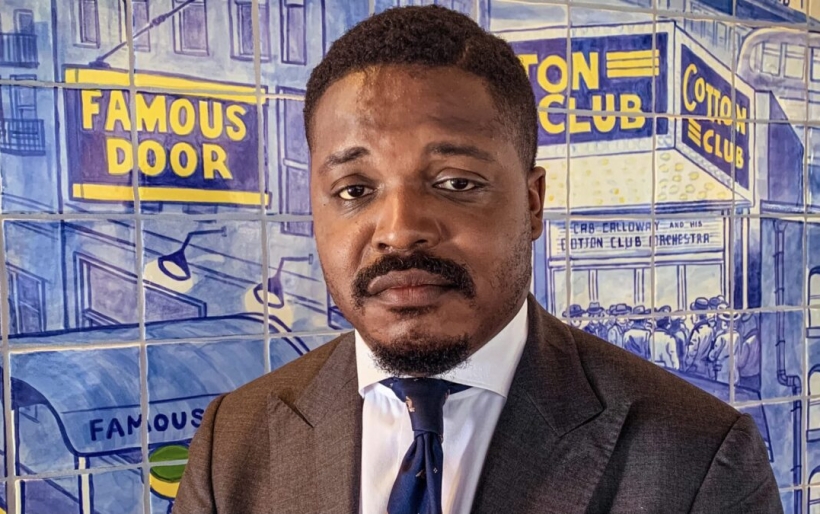
Justin Faulkner talks performing, paying it forward, and Philly with XPN’s Julian Booker
Drummer and West Philly native Justin Faulkner turns 30 this spring, and has been a performing artist for almost half his life: he’s backed legends like Branford Marsalis and Jamaaladeen Tacuma, appeared on the big screen in the film Bolden, and performed under his own name. On December 30th, Julian Booker spoke with Faulkner about his career as a jazz musician, the music and artists that inspire him and his upcoming virtual performance on January 6th at 7:00.
Jazz Bridge, a local non-profit that supports musicians in the Philadelphia area who are facing financial, health, housing or similar hardships will present the performance for free on their YouTube channel, and you can learn more about their mission at jazzbridge.org. Listen to their entire conversation in the XPN player and check out some highlights below.
On growing up in West Philadelphia’s Cedar Park neighborhood…
“This community is just very supportive of art. I grew up having a jazz series around the corner from my house. It was started by Denise King in what used to be the farmer’s market, which is now Dock Street Brewery. Cedar Park neighbors and Denise King started a jazz series, where, honestly, I met a lot of the Philadelphia jazz scene, because, you know, Denise being heavily involved and being a staple in the scene, she was able to have the best people in the city playing on [50th & Baltimore].”
On joining Branford Marsalis’ quartet at 18…
“…Branford asked me to join the band, and, the interesting thing was, like, I knew three things. I knew that I had to make it happen. I knew that, two, I had to figure out, you know, what am I going to contribute to this band, you know? And three, in the back of my mind, ‘I’m not going home.’ You know, because, like, as the youngest person in the band, ‘I am not going to give up, I am going to push through all of this.’ And, you know, the guys were so incredibly supportive, because, I mean, it was like a form of school that I don’t think money can really pay for.”
On how his experience informs his role as an adjunct instructor at Temple University’s Boyer College of Music and Dance…
“…to be able to share such a rich history of the scene and the lessons that I’ve learned, from this, from being in studio with Ornette Coleman, from being in the studio with these people…it’s a gift. And in my opinion, it’s required of me with the gift that I’ve been given by God. So I don’t have a choice but to share the information, because it doesn’t belong to me. And being able to do that with students who are actually hungry for it, I mean, it just reminds me of myself because I truly believe that I will be a perpetual student for the rest of my life. So, you know, we basically just have an exchange of ideas, and, being as though I’ve been doing this for a little bit longer than them, I can help them and guide them along the way.”
On how a better understanding of the history of music makes musicians’ work more affecting…
“I think the greatest musicians in the history of music have figured out a way to embody the sound of whatever came before them, right? There’s, like, an embodiment, and then, their imagination is the thing that makes them special, you know? But, your imagination pulling from nothing will, kind of…I mean, you might create something cool, but you pulling from inspiration, things that have kind of motivated and created the person that you are today? I mean, that’s what makes all of this stuff personal, and that’s what allows us to connect with our audiences on an emotional level. Which, for me, you know, is the most important aspect of this.”
